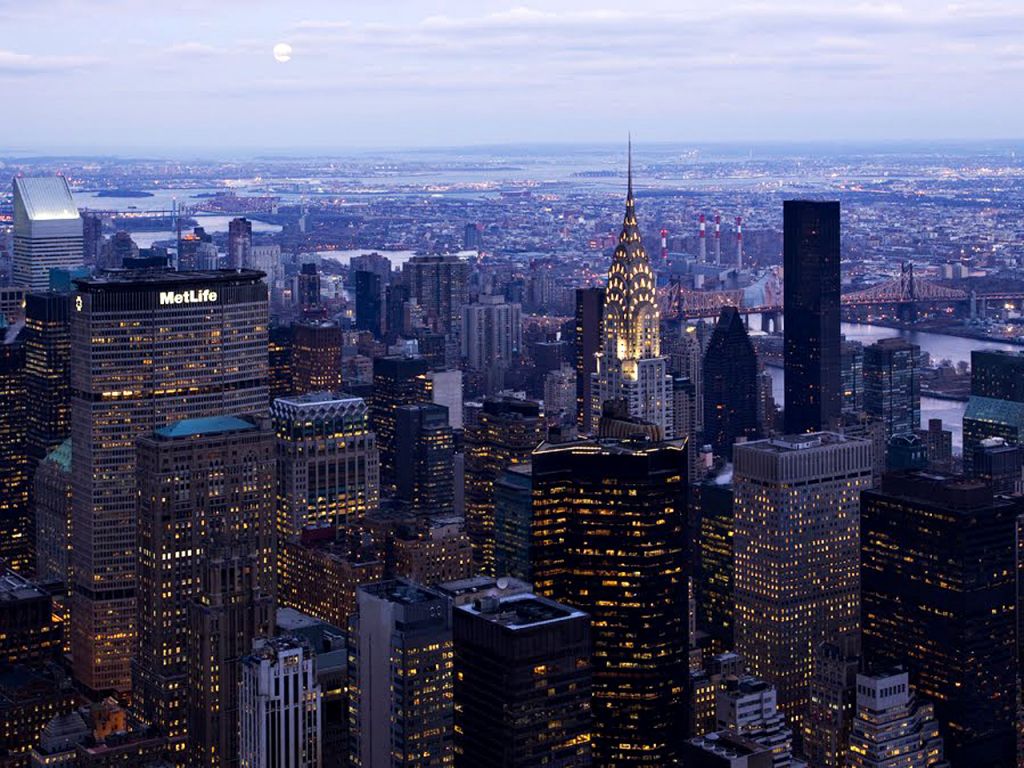Is there a distinctly American artistic voice? What adjectives might begin to describe that voice? Open. Direct. Optimistic. Democratic. Enthusiastic. Conscious of the natural order. Impatient. Naive. Experimental. Religious. Business-like. Experential. Bluff.
This isn’t just American exceptionalism speaking. There is something different about the American experiment (“a shining city upon a hill”) that should naturally be reflected in its art and literature. Hear Louis Simpson in his poem, American Poetry:
Whatever it is, it must have
A stomach that can digest
Rubber, coal, uranium, moons, poems.
Wait, you may argue; are these qualities truly unique to American writers, poets, filmmakers? Aren’t they universal?
Perhaps. The proof is in the artistic pudding, however, and it isn’t hard to point to a number of recent American writers, poets and filmmakers whose voices are unmistakenly American. Cormac McCarthy. Tim O’Brien. Toni Morrison. Billy Collins. Rita Dove. Gary Snyder. Paul Mazursky. Steven Spielberg. Ron Howard.
You don’t have to be born in the United States to echo these characteristics: think of Bruce Beresford’s Tender Mercies or Peter Weir’s Witness, movies which fit this uniquely American category (or is it that these directors “get it” because the Australian experience mirrors the American one at some level?)
The point can be proved in another way. The Scandanavian film Insomnia, remade and set in Alaska (with Robert DeNiro replacing Stellan Skarsgård), never quites feels American; nor does The Birdcage, the 1996 remake of La Cage Aux Folles, even if Robin Williams and Gene Hackman are part of the Americanization.
Even a novel like Charles Frazier’s Cold Mountain, which explicitly draws on the Odyssey for some of its themes and structure, is made authentically American by the depth of Frazier’s understanding of the hardscrabble life led by the Scots-Irish settlers of the Appalachians and the culture they established.
Yes, the film version of Cold Mountain features an English director, English and Australian leads, and a Canadian and an Irishman in key supporting parts, which perhaps suggests that as the world becomes flatter (to borrow Thomas Friedman’s metaphor), the appeal of a distinctly American voice will not be diminished.
Copyright © 2006 Jefferson Flanders
All rights reserved
